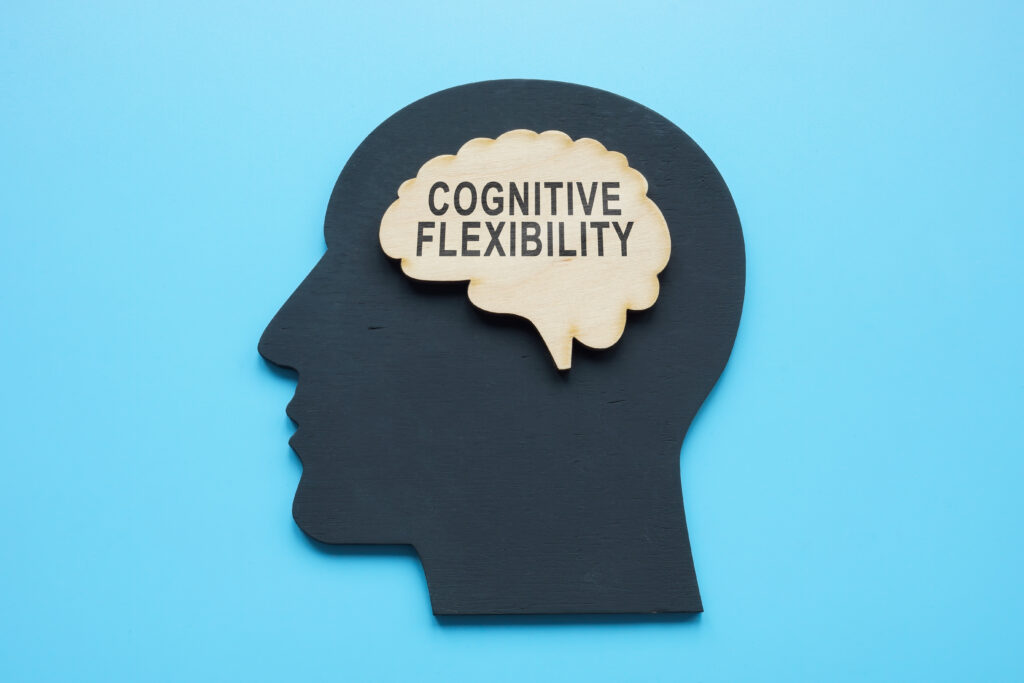As we age, our bodies and minds begin to go through various changes. One of the most common changes that can occur in old age is dementia. Dementia is a term used to describe a range of symptoms related to a decline in cognitive functioning, such as memory loss, difficulty with language, and changes in behavior. It is a condition that affects millions of people worldwide and can have a significant impact on both the individual and their loved ones. In this article, we will delve deeper into what old age dementia is, its causes, symptoms, and treatment options.
What is old age dementia?
Dementia is not a specific disease but rather a group of symptoms that are caused by various conditions affecting the brain. The most common type of dementia in old age is Alzheimer’s disease, accounting for 60-80% of cases. Other forms of dementia include vascular dementia, Lewy body dementia, and frontotemporal dementia.
Old age dementia is characterized by a decline in cognitive function, which affects a person’s ability to think, remember, and reason. It is a progressive condition, meaning it worsens over time. In the early stages, an individual may experience mild forgetfulness and confusion, but as the condition progresses, it can severely impact daily activities and even lead to a loss of independence.
Causes of old age dementia
The exact cause of old age dementia is still not fully understood, but research suggests that it is a combination of genetic, environmental, and lifestyle factors. In some cases, the underlying cause may be reversible, such as vitamin deficiencies, medication side effects, or thyroid problems. However, for the majority of cases, the cause is degenerative, meaning the brain cells gradually die over time.
Risk factors for developing old age dementia include age (the older you are, the greater the risk), family history, head injuries, chronic diseases like diabetes or cardiovascular disease, and lifestyle factors such as smoking, excessive alcohol consumption, and a sedentary lifestyle.
Symptoms of old age dementia
The symptoms of old age dementia vary from person to person and can depend on the type of dementia and the area of the brain affected. Some common symptoms include:
1. Memory loss: This is one of the most common and noticeable symptoms of dementia. An individual may forget recent events, names, and faces, have trouble recalling information, and may repeat questions or stories.
2. Difficulty with language: As dementia progresses, an individual may have trouble finding the right words, using correct grammar, or understanding what others are saying.
3. Changes in behavior and personality: Dementia can cause changes in mood, behavior, and personality. A person may become agitated, anxious, or suspicious, or they may withdraw from social situations.
4. Disorientation: People with dementia may become confused about time, place, and even their own identity. They may get lost in familiar places or have trouble following daily routines.
5. Loss of motor skills: In the later stages of dementia, a person may experience difficulty with coordination and movement, making it challenging to carry out daily activities.
Treatment options for old age dementia
While there is currently no cure for old age dementia, there are treatments available that can help manage the symptoms and improve quality of life. Treatment options may include medication to alleviate symptoms like memory loss and behavioral changes. It is also essential for individuals with dementia to maintain a healthy lifestyle with a balanced diet and regular physical activity. Physical, occupational, and speech therapy may also be beneficial in maintaining function and independence.
In addition to medical treatment, it is crucial for individuals with old age dementia to have a support system in place. This can include family members, caregivers, and support groups. These support systems can provide emotional and practical support for both the individual with dementia and their loved ones.
In conclusion, old age dementia is a complex and challenging condition that affects millions of people worldwide. While there is currently no cure, early detection and prompt treatment can help manage symptoms and improve quality of life. It is also crucial for individuals to maintain a healthy lifestyle and have a strong support system in place. If you or a loved one is experiencing memory loss or other symptoms of dementia, it is essential to seek medical advice for proper evaluation and treatment. With the right support and care, those living with old age dementia can still lead fulfilling lives.


